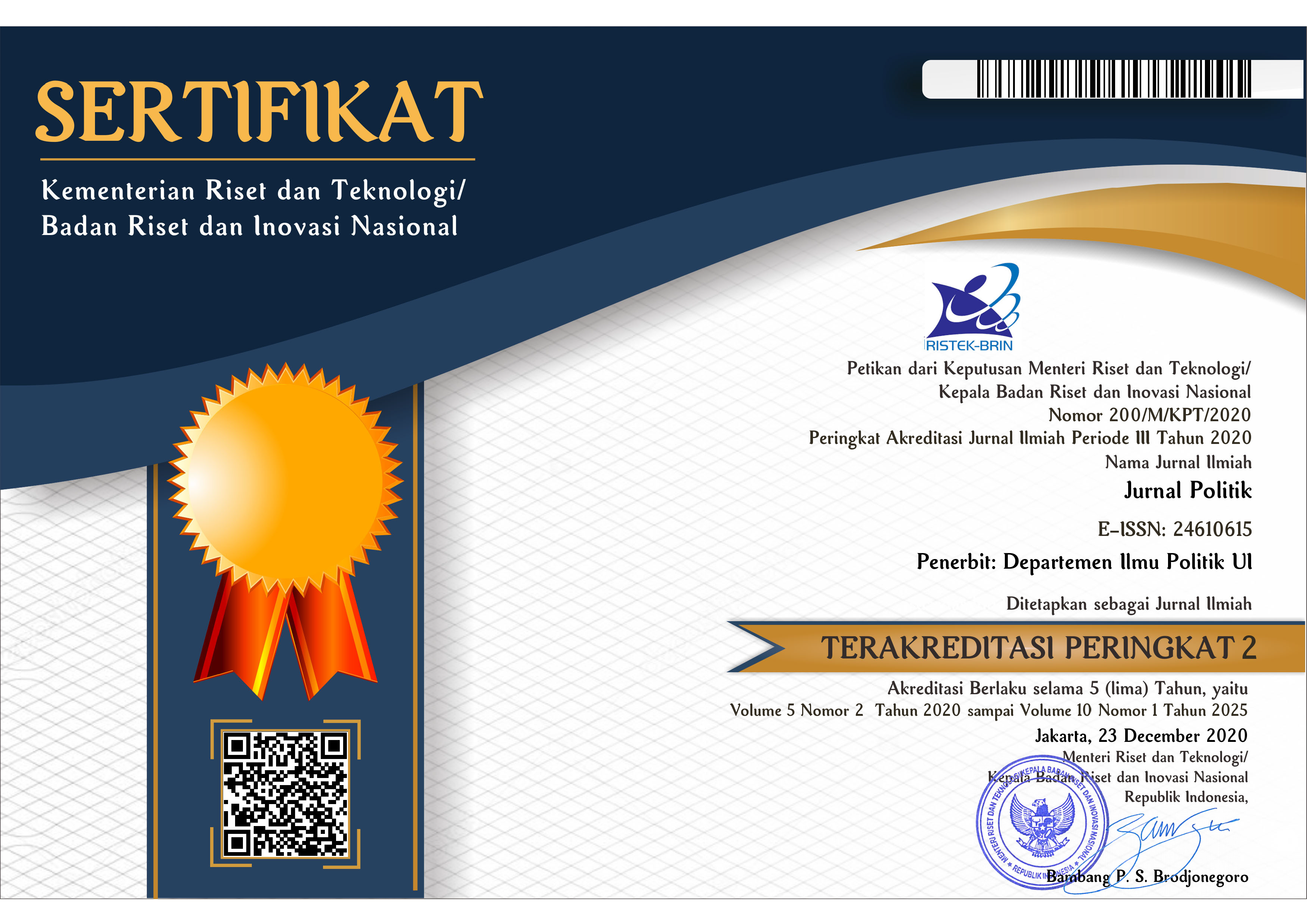Abstract
Indonesian interagency coordination to prevent terrorist-financing offenses by nonprofit organizations has several drawbacks. This article applies textual analysis and an evidence-based approach to draw effective coordination mechanisms from several countries’ experiences and to design a model of interagency coordination. The model illustrates mechanisms that can be the drivers of changes and minimize ineffective interagency coordination, which may lead to an increase in nonprofit vulnerabilities to terrorist-financing offenses. Evidence drawn from several countries that are contextually relevant to Indonesia, namely, Australia, Malaysia, Saudi Arabia, and Singapore, illustrates that effective interagency coordination potentially reduces the risks of terrorist financing and has synchronized policies, objectives, functions, and responsibilities among authorities. Therefore, authorities can prioritize interventions and resources to address the most vulnerable factors. This article suggests improvements in four aspects: collaborative endeavors toward single integrated databases; comprehensive risk assessment of nonprofits; priority settings on socialization, education, monitoring, and supervision; and network model to improve voluntary information sharing.
Recommended Citation
Sukmana, Maliki
(2020)
"Joined-Up Government in the Prevention of Terrorist-Financing Offenses by Nonprofit Organizations: An Evidence-Based Approach,"
Jurnal Politik: Vol. 5:
Iss.
2, Article 4.
DOI: 10.7454/jp.v5i2.1015
Available at:
https://scholarhub.ui.ac.id/politik/vol5/iss2/4



